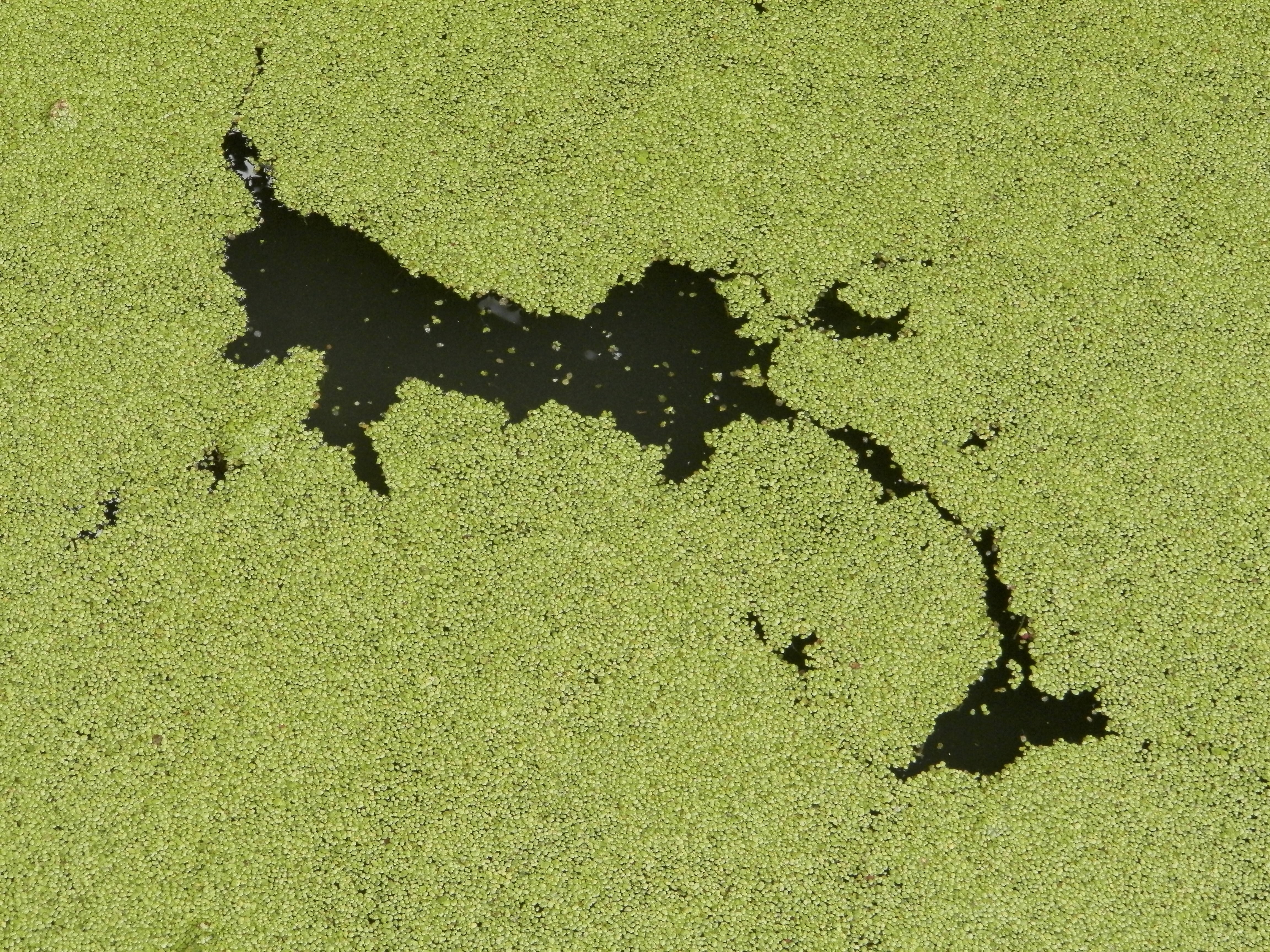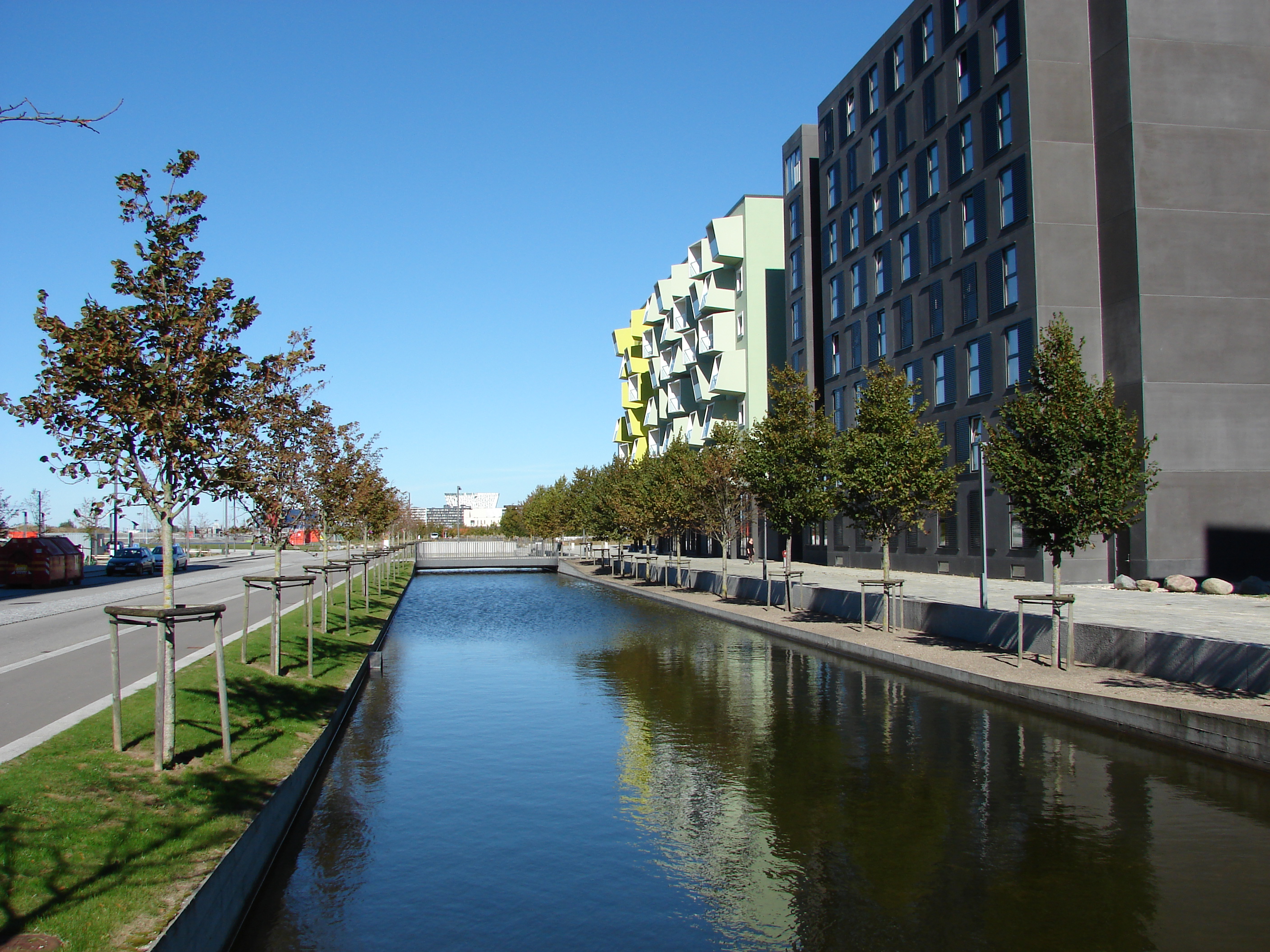After a 20-cm (8-in.) rainstorm — more than an average month’s worth of rain for the area — led to rampant flooding across central and southern Minnesota on the night of Aug. 11, the problem of managing stormwater came to the forefront of public attention and hit the airwaves on public radio.
Identifying the problem
A week and many more minor storms later, Cathy Wurzer of Minnesota Public Radio discussed possible solutions with Mark Doneux, administrator of the Capital Region Watershed District (St. Paul, Minn.). To coincide with intensifying amounts of precipitation, flood prediction models are being updated to determine unforeseen flood vulnerabilities throughout the watershed, Doneux said.
“We’re seeing these intense rainfall events in 3 or 4 hours, or sometimes even 1 or 2 hours,” Doneux said. “The ground is overwhelmed with rainfall, and it can’t absorb that intense a storm. In our watershed district, we have 42% impervious cover like roofs and roads and parking lots. The water has nowhere to go, and it can naturally back up and flood.”
A green solution
The conversation shifted quickly to the topic of green infrastructure, which Doneux explained is becoming more and more prevalent in metropolitan areas to mitigate flooding.
In the radio interview, Doneux explains how CHS Field —home of the minor league St. Paul Saints baseball team — in downtown St. Paul uses a large cistern that collects rainwater. Runoff from storms is used to irrigate the field and to flush toilets within the complex.
In Minnesota cities, pre-existing regulations compel new developments on more than an acre to incorporate stormwater runoff redirection or capture practices into construction projects.
While simple green infrastructure, such as rain gardens, work for smaller developments, Doneux said, larger developments call for more complex measures.
“Building new tunnels isn’t really a good solution,” Doneux said. “As we redevelop parcel by parcel, we’re slowly building back our infrastructure to retain runoff.”
Listen to the 5:30-interview with Mark Doneux on Minnesota Public Radio.






